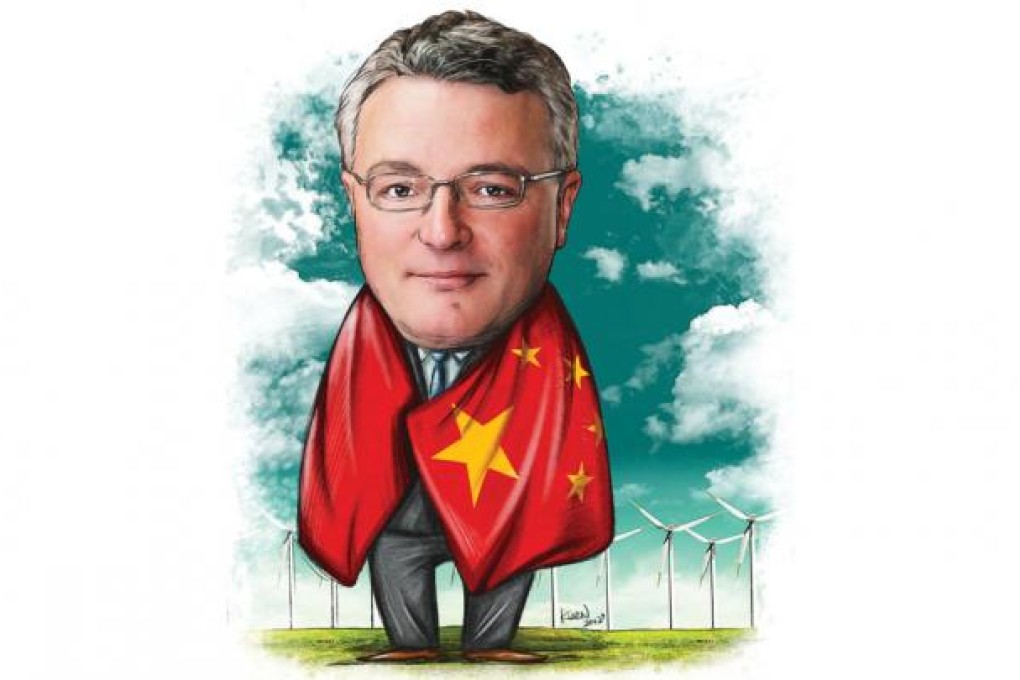Some words of wisdom from old China hand Tim Clissold
People take note when Tim Clissold talks about challenges of doing business on the mainland because of his years of first-hand experience

Tim Clissold has more than 20 years’ experience doing business on the mainland. In fact, he wrote a book about it, Mr China, which became a must-read for wannabe foreign investors in the country.
After helping accounting firm Arthur Andersen in Hong Kong start up its mainland investment services practice in 1987, he spent two years studying Mandarin and immersed himself in Chinese culture.
In 1993, the Briton helped a private equity fund with US$420 million in American capital invest and run businesses on the mainland, amid a foreign investment craze as China opened the doors wider in the early 1990s. Clissold became the fund’s chief operating officer in 1996.
He published his memoir, Mr China, in 2004, depicting the various tough battles he was drawn into, including being barricaded in a room by angry workers for nine hours in a dispute over illegal land transfers.
He was the middleman between US investors with little understanding of how business and government work in the mainland, and mainland joint venture partners, who refused to cede management control, played political games to undermine the foreign partner’s economic position or committed outright theft.
Clissold later joined accounting firm PricewaterhouseCoopers and then Wall Street investment bank Goldman Sachs to manage mainland distressed assets recovery businesses, stemming from bank loans that went bad. In 2007, he co-founded Beijing-based Peony Capital, where he is chief executive. The private equity firm has €400 million (HK$4 billion) to invest in projects related to the reduction of greenhouse gas emissions and clean energy.
Clissold sat down with the Post on a recent visit to Hong Kong to share his thoughts about what it takes to do business on the mainland.